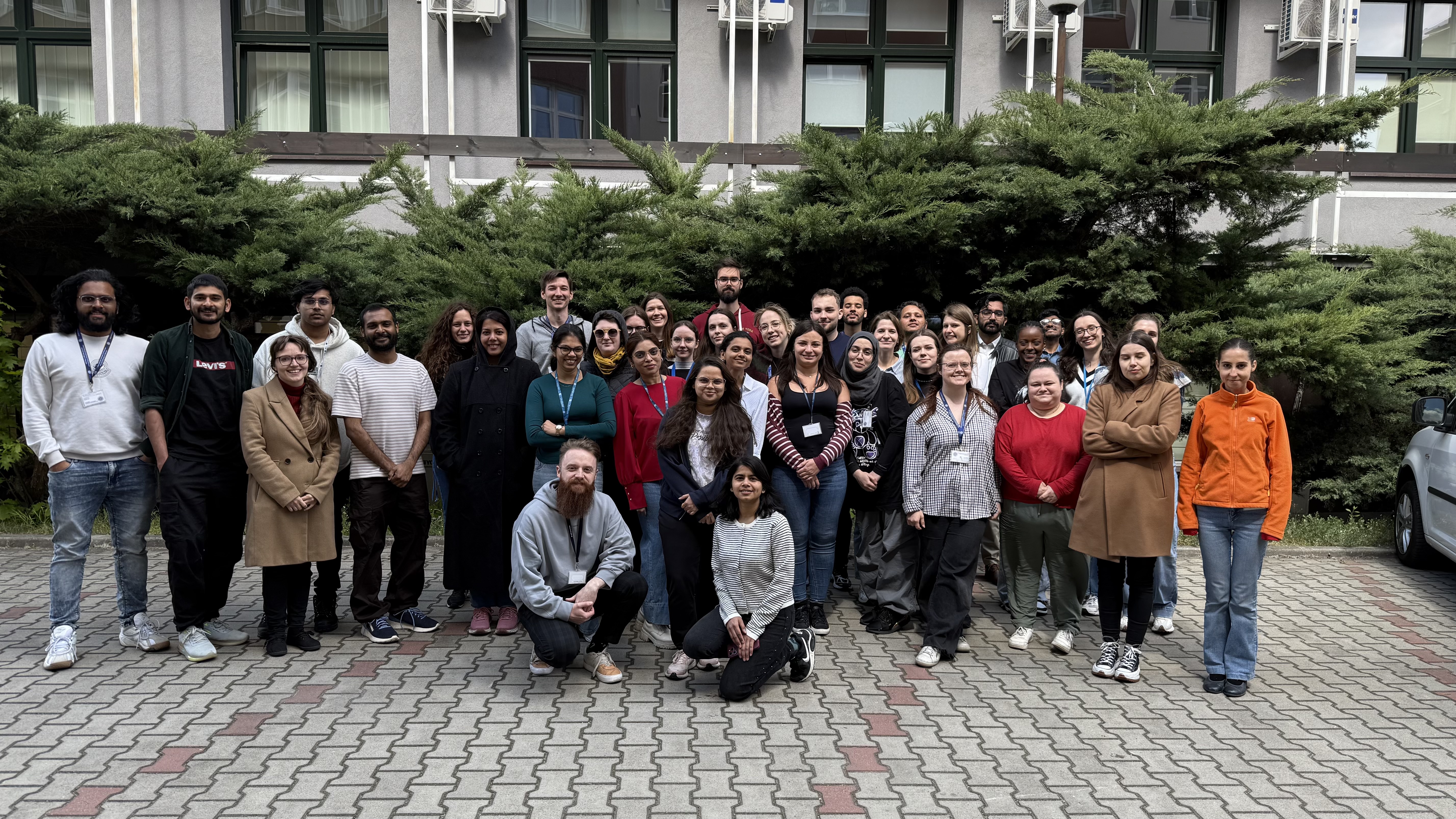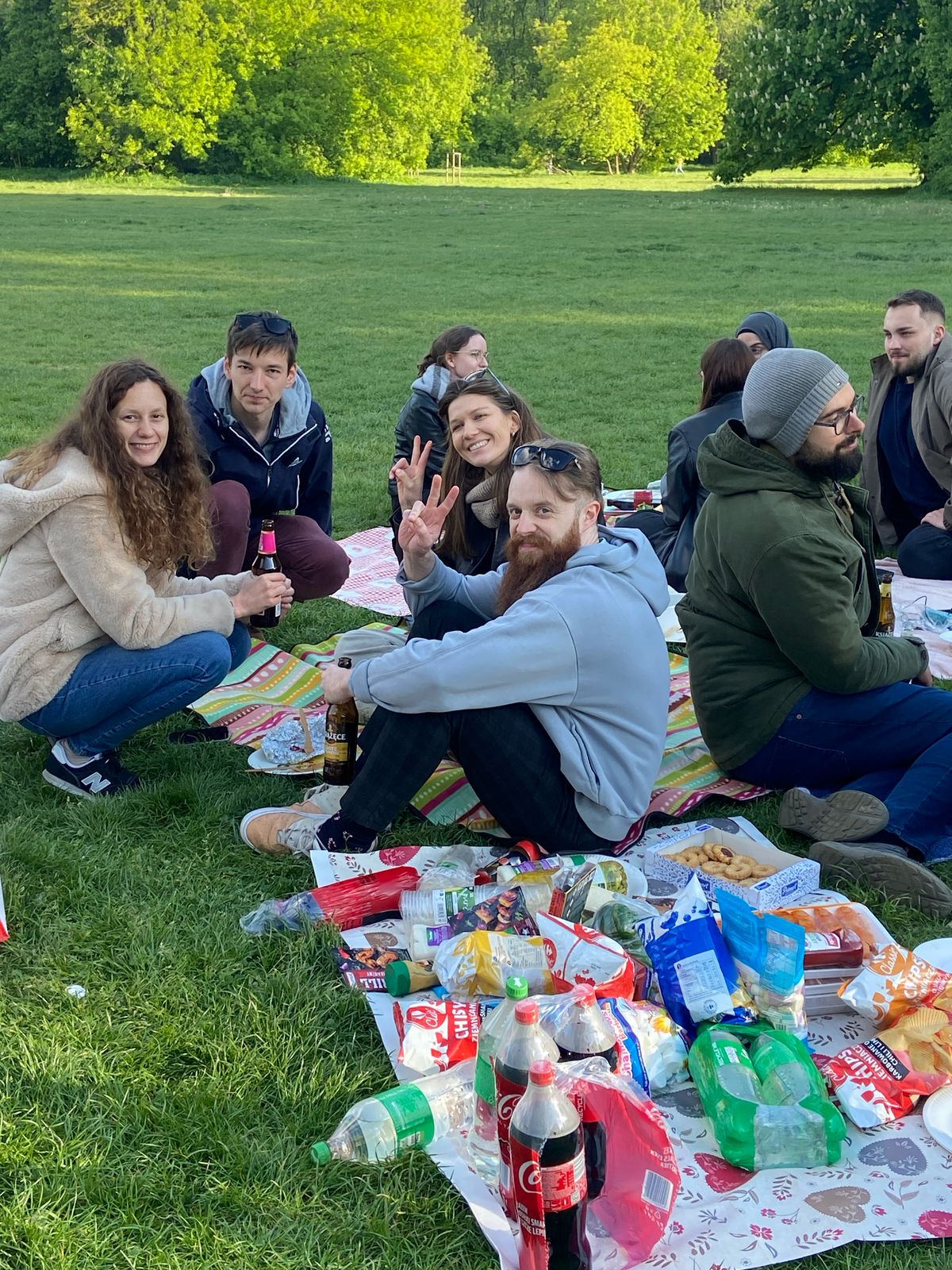Head:
Dr. Małgorzata Mossakowska, DSc Habil
Project Assistant
Aleksandra Szybalska
Study on ageing and longevity had been launched at the IIMCB by the PolStu99 project commissioned by the Committee for Scientific Research (KBN) named Genetic and environmental factors of longevity of Polish centenarians (PolStu2001).
The PolSenior project, carried out in 2007-2012, was the largest gerontology research project in Poland and one of the largest in Europe. The results of PolSenior served as the basis for recommendations developed with regard to public health and social policies for the elderly population, both on a national and local scale. It should be emphasized that a comprehensive approach to the problems of an ageing population is consistent with the assumptions of policies that target senior citizens and provides a solid academic foundation for pursuing these policies.
The PolSenior project resulted in a detailed characterization of the elderly population in Poland and created a bank of biological samples and a database including all information from questionnaires and biochemical and genetic analyses. This enables comparisons with other studies, as well as gathering data from projects conducted in other countries for pooled analyses of large populations, as described below.
In 2016, the PolSenior Study Group became a member of the NCD Risk Factor Collaboration (NCD-RisC), a network of health scientists around the world that provides rigorous and timely data on major risk factors for non-communicable diseases for all of the world’s countries. The results of the pooled data analysis were collected, reanalyzed, and checked by members of the Country and Regional Data Groups. Data concerning diabetes, body mass index, adult human height, and blood pressure were published:
• Worldwide trends in diabetes since 1980: a pooled analysis of 751 population-based studies with 4.4 million participants. Lancet. 2016; 387 (10027):1513-30
• Trends in adult body-mass index in 200 countries from 1975 to 2014: a pooled analysis of 1698 population-based measurement studies with 19.2 million participants. Lancet 2016;387 (10026):1377-96
• A century of trends in adult human height. eLife. 2016; 5: e13410
• Worldwide trends in blood pressure from 1975 to 2015: a pooled analysis of 1479 population-based measurement studies with 19.1 million participants. Lancet. 2017;389(10064):37-55
Moreover, in 2016, the PolSenior Study Group continued an analysis of the collected data and published papers on the prevalence, awareness, and control of hypertension in the Polish elderly population and on characteristics of chronic pain, malnutrition, prostate cancer, and microinflammation.
Currently, the group led by M. Mossakowska is examining predictors of all-cause mortality in the PolSenior population and its associations with various medical and socioeconomic factors.

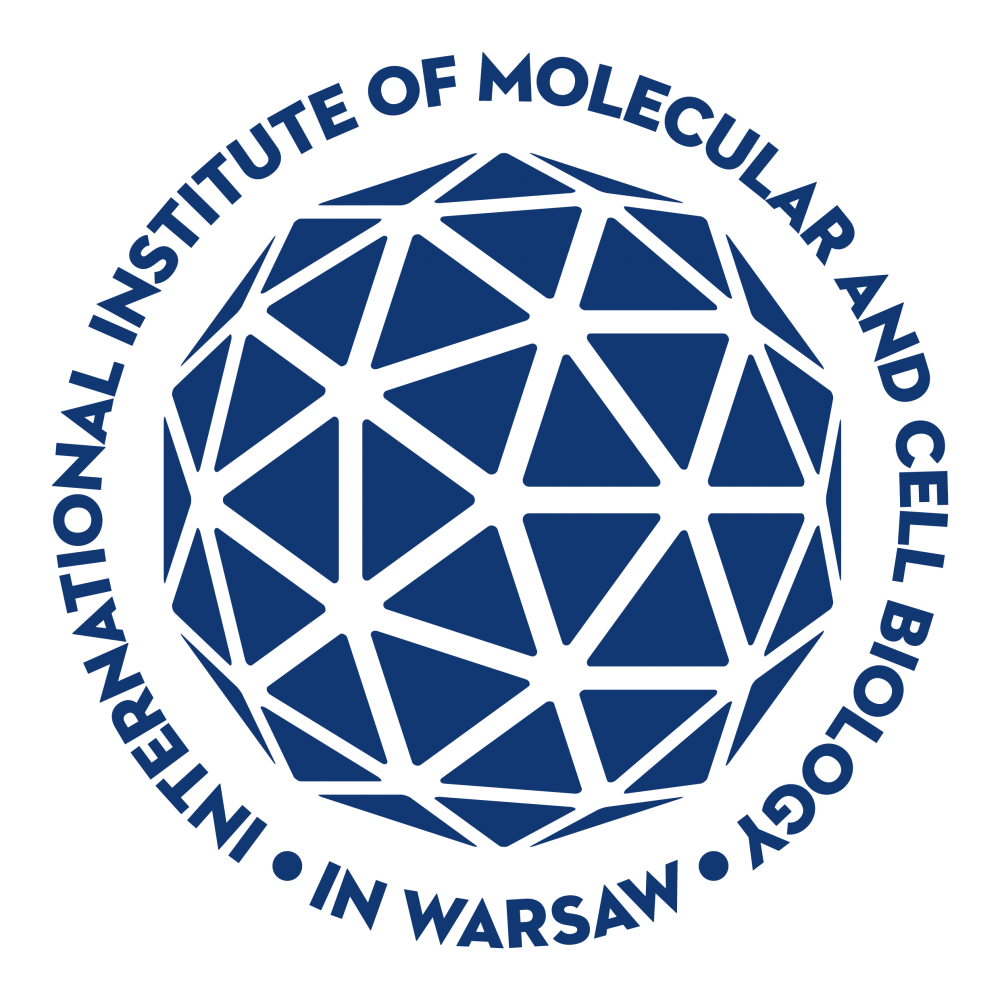
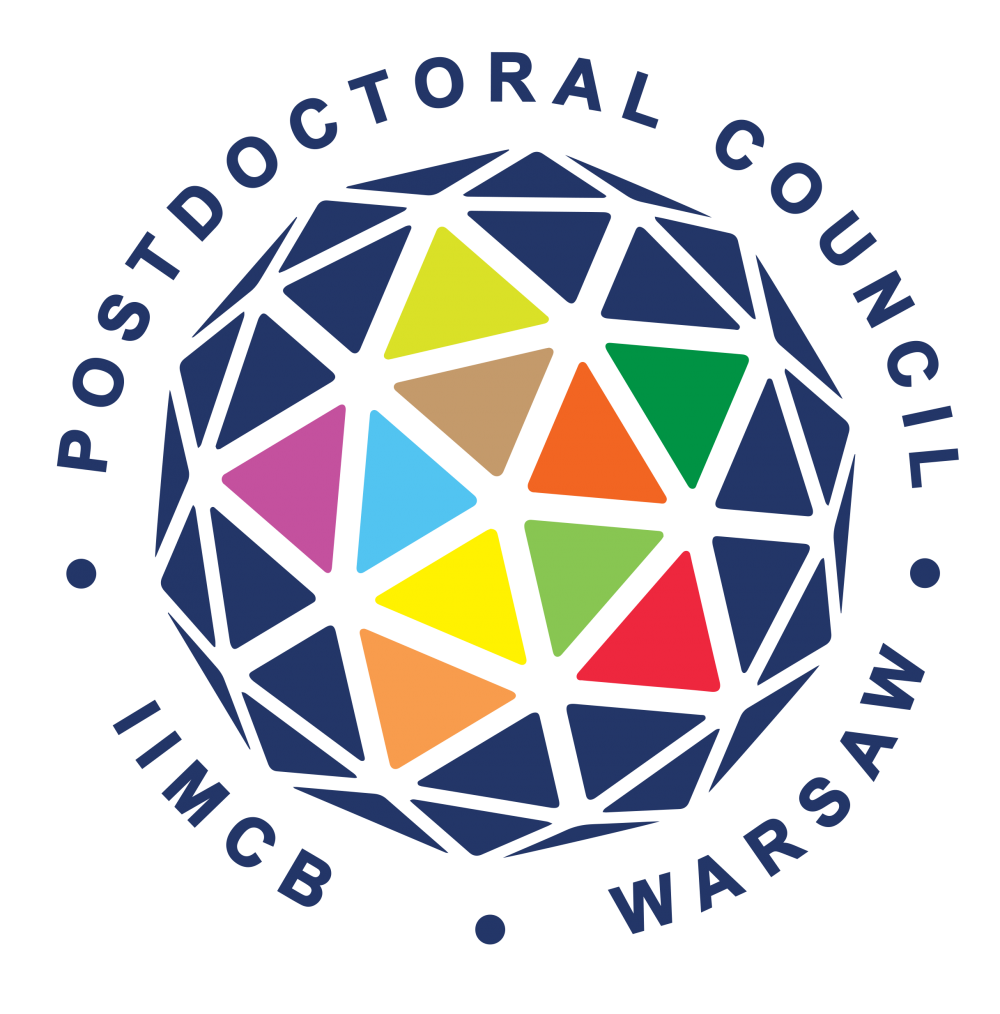 The International Institute of Molecular and Cell Biology Postdoctoral Council is a volunteer organisation run by postdoctoral researchers. We represent postdoctoral appointees from all laboratories at the IIMCB. We also cooperate with other postdoctoral researchers from Biocentrum Ochota in Warsaw.
The International Institute of Molecular and Cell Biology Postdoctoral Council is a volunteer organisation run by postdoctoral researchers. We represent postdoctoral appointees from all laboratories at the IIMCB. We also cooperate with other postdoctoral researchers from Biocentrum Ochota in Warsaw.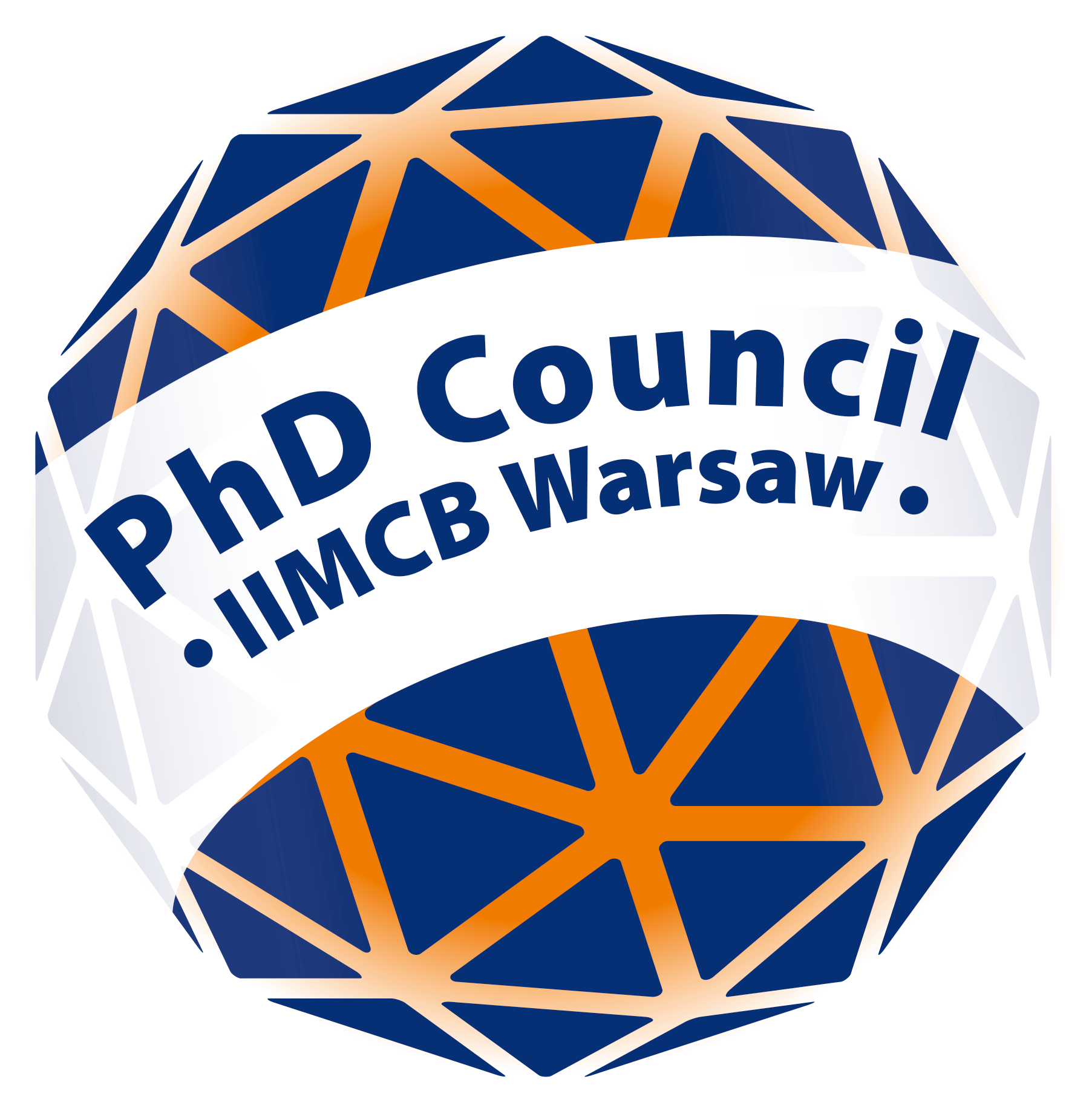 PhD Students Council at IIMCB
PhD Students Council at IIMCB